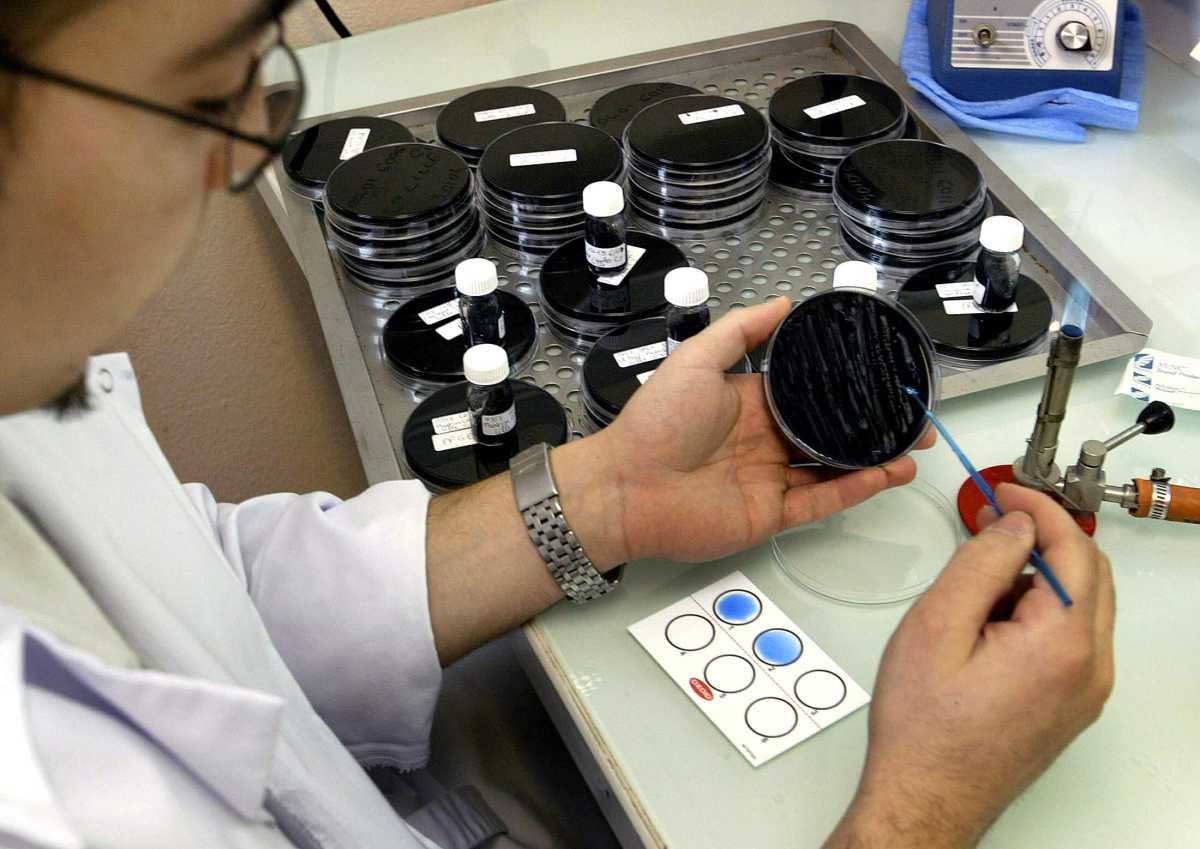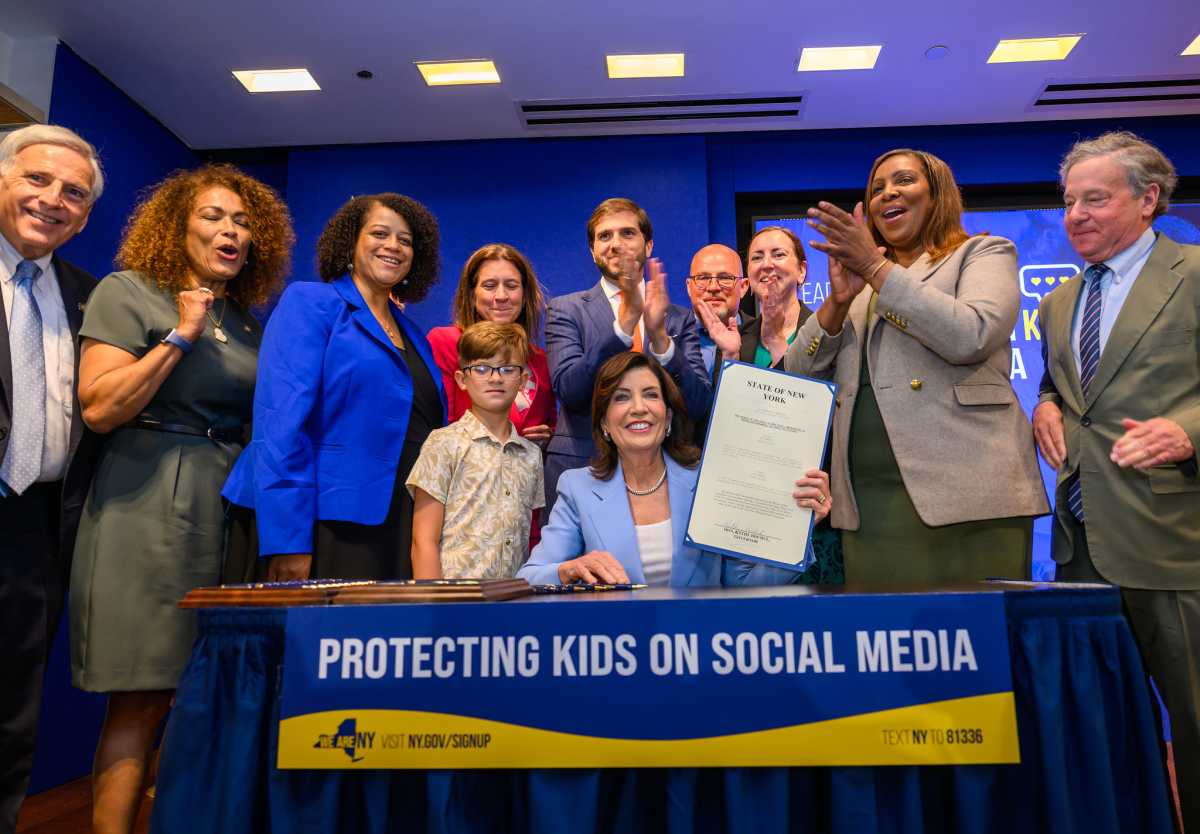The Legionnaires’ disease cluster in Harlem inched up by three new cases, totaling 12 people as of Thursday evening, officials with the Department of Health told amNewYork Metro Thursday, Aug. 19.
The city announced Wednesday it was investigating a group of nine people who have been diagnosed with the illness and hospitalized in the northern Manhattan area since Aug. 9.
Now, the city has linked three more cases to the cluster in northern Manhattan, according to Health Department spokesman Patrick Gallahue.
The city’s Health Commissioner Dr. Dave Chokshi advised people who experience flu-like symptoms in the affected area to get in touch with a doctor quickly to check for the illness.
“Anyone with flu-like symptoms should seek care early and – if they live in the affected area – ensure they are evaluated for Legionnaires’ disease,” said Chokshi in a statement Aug. 18.
The cases came from the ZIP codes 10037 and 10039 and the Health Department is investigating water from all cooling tower systems in the area and its immediate surroundings.
The agency did not provide any updates on the possible source of the cluster.
Legionnaires’ disease is a type of pneumonia that can show symptoms like fever, chills, muscle aches, and cough — which are also similar to COVID-19 symptoms.
People usually contract Legionnaires’ disease by being breathing in Legionella bacteria, which grows in warm water, such as in cooling towers, whirlpool spas, hot tubs, humidifiers, hot water tanks, and evaporative condensers of large air-conditioning systems.
The illness is not contagious, but those older than 50, as well as smokers and people with chronic lung disease or a compromised immune system, are at higher risk of infection.
The disease can be treated with antibiotics when caught early, but it is still a serious illness; about one in 10 people who get Legionnaires’ die from its resulting complications, according to the Centers for Disease Control and Prevention.
New Yorkers with flu-like symptoms, cough, fever, or difficulty breathing — especially those who live or work in the affected area — should reach out to a doctor immediately. Anyone getting tested for COVID-19 should also ask to be evaluated for Legionnaires’ disease, according to Chokshi.
“Most people exposed to Legionella don’t get sick but there are people at higher risk, such as those 50 and older, especially those who smoke and have chronic lung conditions,” said the city’s doctor.
The Health Department will hold a virtual community meeting tonight, Thursday, Aug. 19 from 6-7 p.m.






































